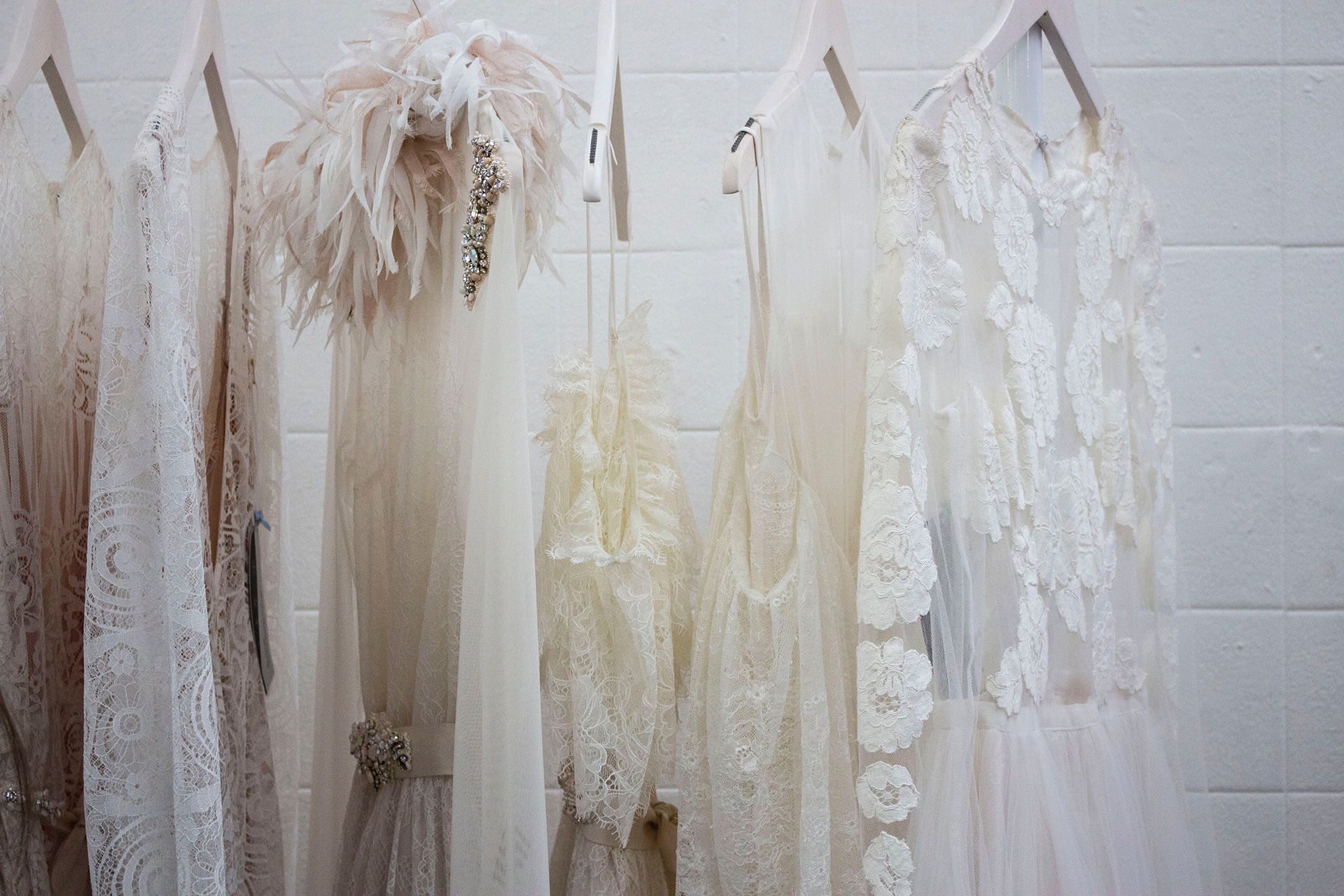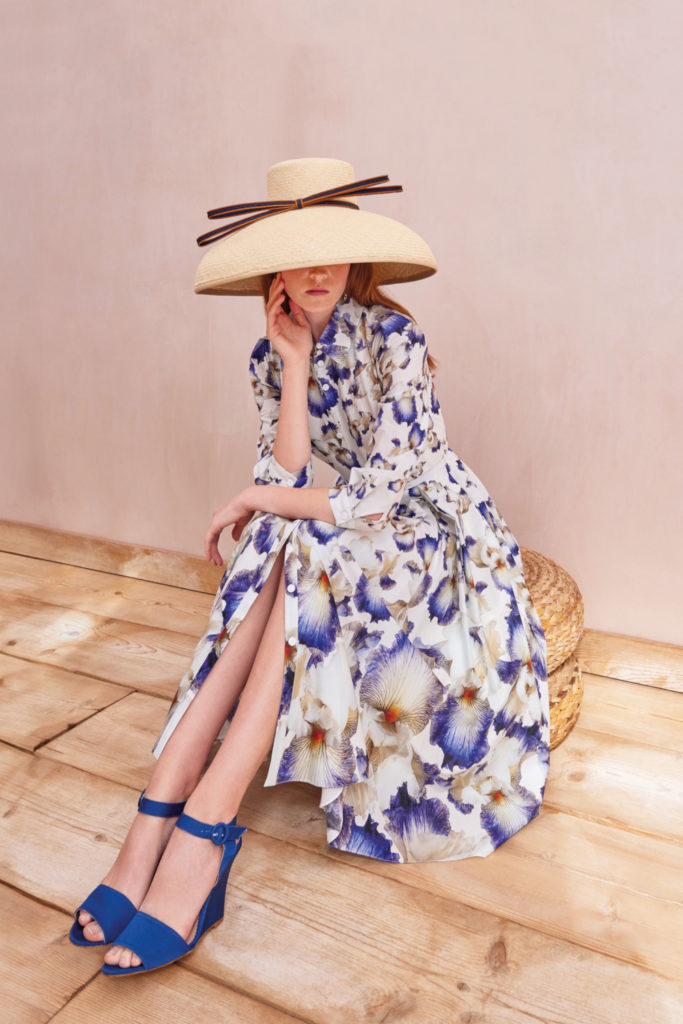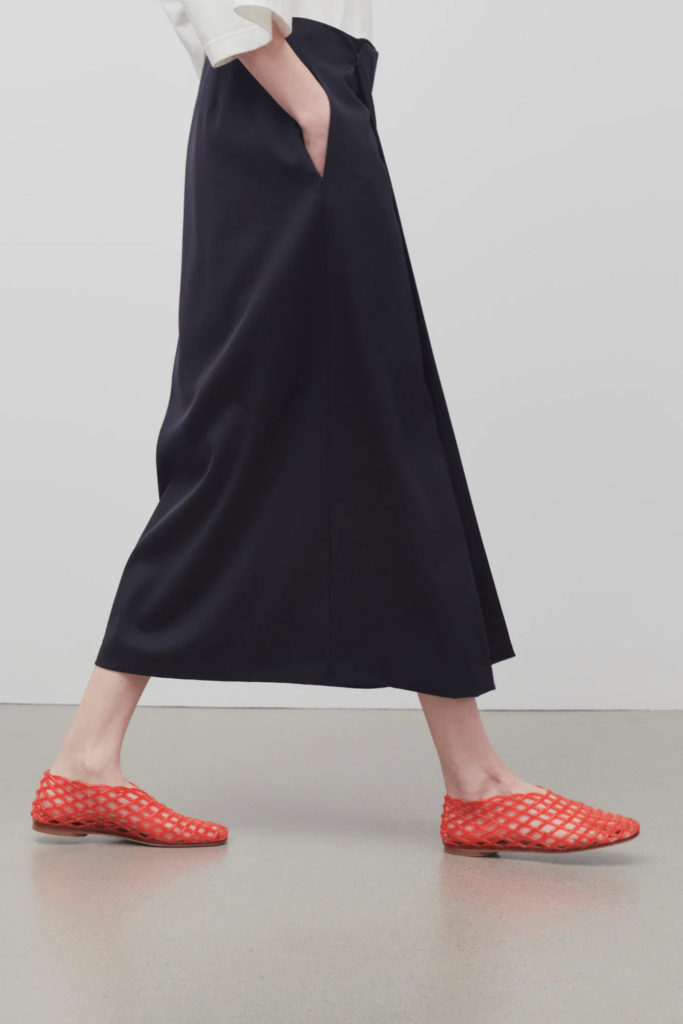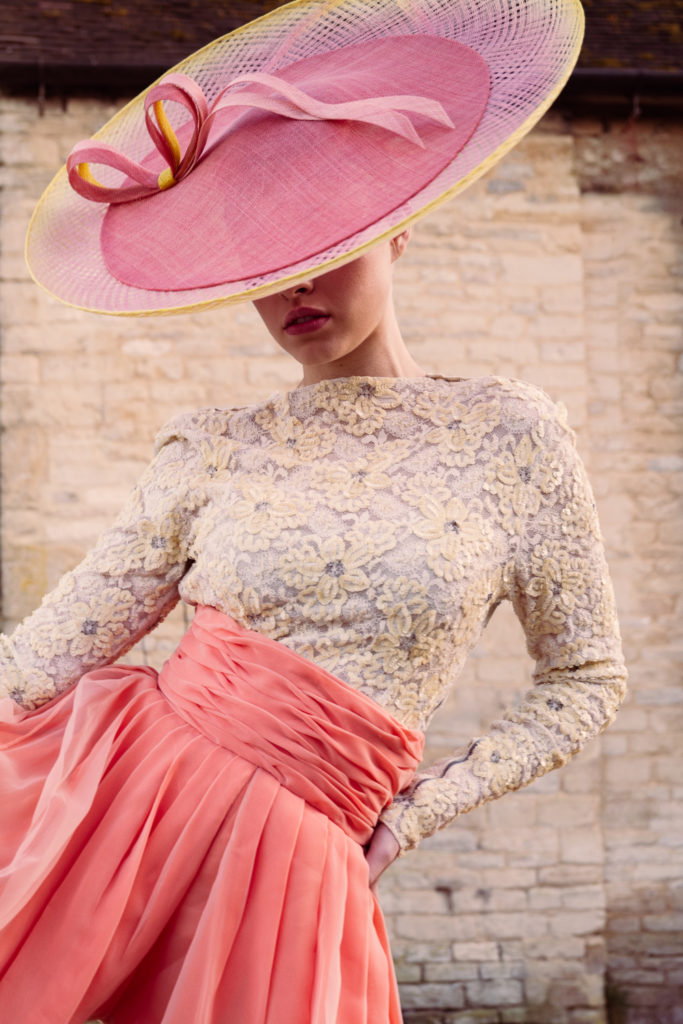Green Heroes: Joe Metcalfe, Founder of Second-Hand Fashion Retailer Thrift+
By
4 years ago
'There has been a sea change in the fashion industry and you’ll barely find a brand or retailer who isn’t trying to reduce their environmental footprint.'

Making clothes part of a circular industry is Joe’s mission with Thrift+ which sells your excellent quality second-hand clothes with proceeds going to a variety of charities.
The C&TH Sustainable Fashion Hub
Green Heroes: Joe Metcalfe, Founder of Second-Hand Fashion Retailer Thrift+

When was your green lightbulb moment?
At first, I was focused on helping charities which didn’t have a high-street presence to sell second-hand clothes online. This means that when people donate clothes, they can raise money for the charities closest to their hearts, not just the largest ones. I was always aware of the environmental footprint of fashion, but as I learned more it struck me how every single one of us has clothes we don’t wear – up to a third of every wardrobe – and selling these clothes reduces demand for new ones. This dramatically reduces resource consumption and water waste, and lowers fashion’s carbon footprint. Thrift+ has evolved from an online charity shop to our current vision which is to reduce waste in the circular fashion economy, all while raising funds for important causes.
What green business practices are you most proud of?
We have a 30,000 sq/ft solar-powered warehouse in Market Harborough with a fantastic team of 40 Thrifters who work hard to process, quality assess, and upload the tens of thousands of items of clothing we receive every month. We are always getting more efficient and I’m particularly proud that when our bioplastic ThriftBags are returned to us, they enter a closed-loop recycling system and are then used to make more ThriftBags.
What makes you feel positive about a sustainable future?
There has been a sea change in the fashion industry and you’ll barely find a brand or retailer who isn’t trying to reduce their environmental footprint. I’m really encouraged by this, and our partnerships with fantastic companies like FARFETCH and French Connection show the power of collaboration in tackling a major challenge which is bigger than any one company. Not a week goes by without new potential partners approaching us about how they can incorporate second-hand clothing into their business.
And what are the facts that make you fearful?
Without a doubt, the scale of the problem. One hundred billion items of clothing are made every year, and we have just 10 years to make dramatic changes in a highly complex global economy.
Who is your own green hero?
I’m a big admirer of Tessa Clarke and Saasha Celestial One at OLIO – they have done an amazing job on reducing food waste, and are environmental champions who collaborate with others to increase their impact.
Your favourite product – and tell us why we can feel good about buying it?
I recently bought a Renault Zoe (electric car) which I have been using to explore around my new home in Edinburgh, Scotland. It’s a great example of a sustainable product as there is no compromise on performance.

Can producing anything new really be called sustainable?
At Thrift+ we are big believers in the circular economy. As long as new products are made with resources which can be replenished and then stay in circulation as long as possible it should be possible to create ‘new’ things. The problem is the size of the world’s population and the amount of consumer demand for new products – we all need to get better at sharing more and owning less.
Name three other of your favourite brands who are doing the right thing and why you like them?
- Hirestreet is a fantastic business enabling people to hire, rather than buy, occasion wear.
- Ynsect makes animal feed from insects, dramatically reducing the emissions and land-use associated with traditional grain animal feed.
- ODDBOX is a really simple but brilliant business that prevents waste and inspires people to cook with seasonal produce that would otherwise be wasted.
Should we be green shaming the brands/companies who are doing nothing to change their ways?
Almost all organisations could be doing better, and at Thrift+ we believe in making positive steps and encouraging others rather than shaming. Companies should certainly be held to account, but we think it’s much more constructive when everyone takes steps in the right direction. Strong regulation would help here, as there are still a lot of misaligned incentives. You can’t achieve sustained quarterly growth while making dramatic changes to your business model which will pay out in the long run.
What are the biggest challenges in running a sustainable business?
Building a sustainable retail business at scale requires significant amounts of funding, and I’d say it’s a challenge to find the right investors who are willing to bet on you and accept that you will be unprofitable for several years.
What advice can you give to other businesses who are wanting to do better?
To founders who are starting businesses, I’d advise you to make sure your business has impact baked into it from day 1 so that the more it grows, the more positive impact you deliver.
For companies, I’d say that it’s crucial to be honest. People are well informed and will see straight through any greenwashing – just be open about your successes and where you’re hoping to improve.
Will you sign up to going carbon neutral (or even negative) by 2050?
We are fundraising at the moment and will soon have the funding to do formal carbon reporting and be able to offset the excess. We aim to be carbon negative by 2023.
Three things we should all, as individuals, be doing to help in the climate change fight?
- Shop second hand where you can
- Prevent food waste
- Travel less & more sustainably
To read more about Thrift’s mission, visit here.
More Green Heroes:



